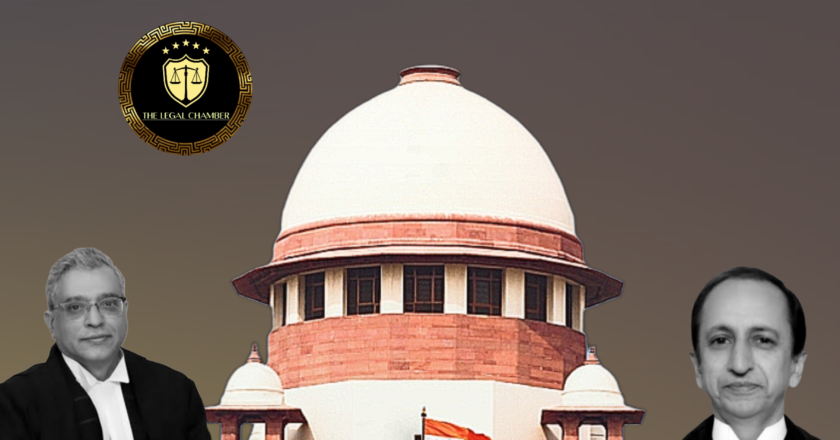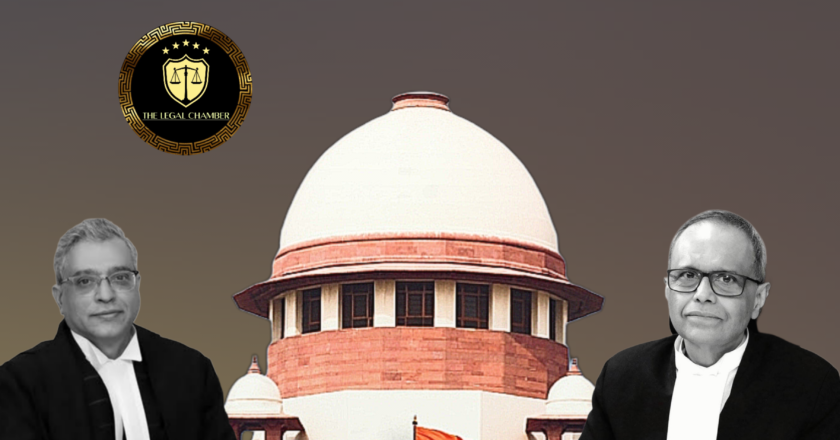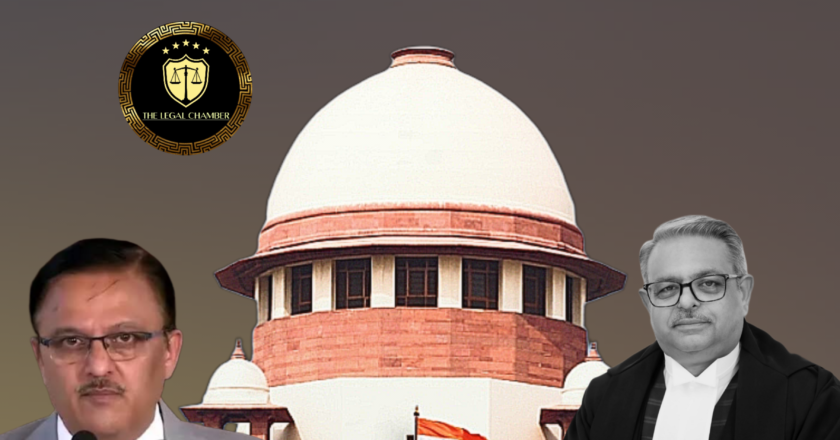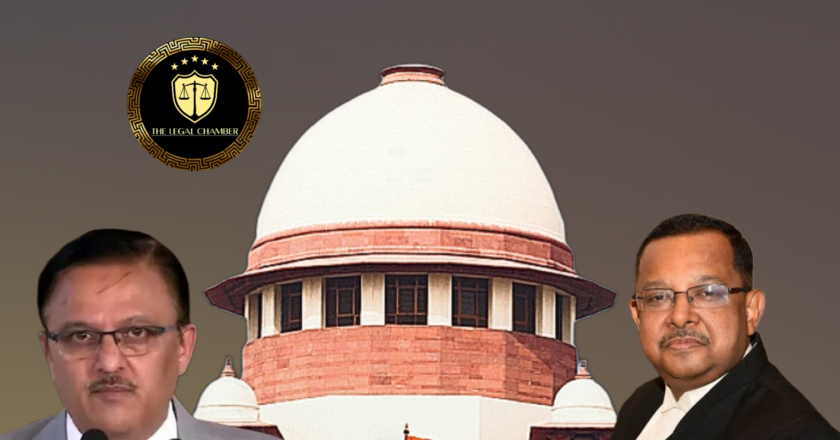Promises Must Be Kept: Supreme Court Protects Industry from Unexpected Tariff Hikes by State Board
The Supreme Court held that the electricity board was estopped from resiling from its contractual obligation to provide a concessional tariff after having sanctioned, agreed, and partially implemented it. The board's unilateral withdrawal of the concession after over two years was deemed arbitrary, illegal, and unsustainable in law.
Facts Of The Case:
The appellant, an existing industrial unit with a Low Tension (LT) power connection, underwent significant expansion by installing a large induction furnace, which necessitated a High Tension (HT) or bulk power supply. It applied for this new connection in 1998. The respondent electricity board, after inspection, sanctioned the HT connection via a memo that explicitly stipulated the appellant’s eligibility for a 25% concessional tarif...



